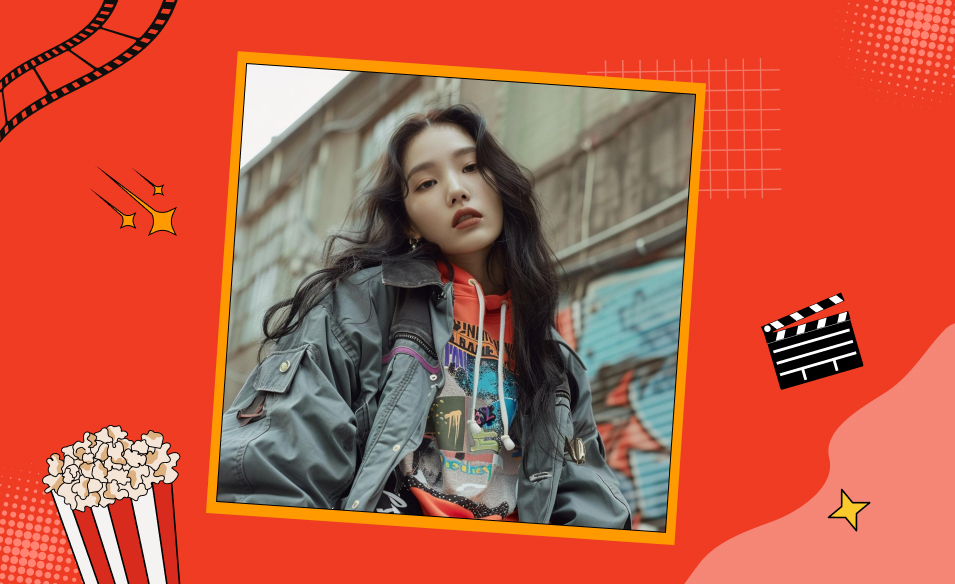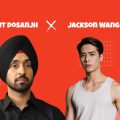As the growing capitalization presses against us, we, as a civilization, tend to become more robotic day by day.
“Hustle culture” is becoming more common in Southeast Asia. Many people struggle to balance their personal lives with their work goals.
This has led to a growing interest in how this lifestyle affects both physical and mental health.
Even the entertainment isn’t an exception. The fame and the prosperity hide something much more painful, the real victimhood of hustle culture.
Among all the entertainment industries I have studied, hustle culture is deeply embedded in the kpop industry.
Since the moment they are hired, they undergo a series of grueling sessions, which include vocal lessons, dance classes, language classes, and media training.
Due to their constant work pressure and pursuit of productivity, they often experience diminishing mental and physical health.
In this article, I will address a very serious topic, the Hustle culture and its extreme drawbacks. I will primarily focus on this topic against the backdrop of the K-pop industry.
Is Hustle Culture A Foreign Concept For Asian Culture?
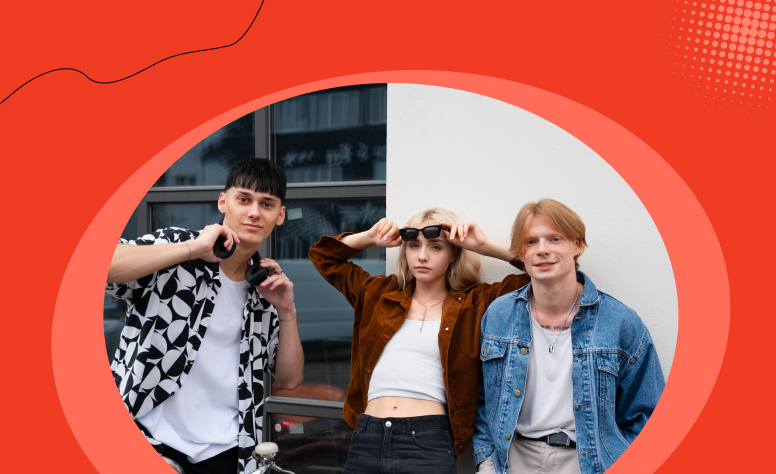
The concept of hustle culture is not entirely foreign to Asian culture, although we have a different understanding and application of this term.
To clarify further, the toxic hustle culture originates from the concept of the “American Dream,” which promotes the idea of individual success and glory.
From this culture, the startup culture and the practice of nonstop working emerged, to become the ‘who made it’.
In Asian culture, the ideals of hard work have always been present, alongside those of persistence, resilience, and self-care.
In contemporary times, due to immense globalization, the K-pop industry is becoming increasingly westernized with each passing day.
They are persisting strongly in the traditional Asian work culture, while also implementing Western work ideals. Among all of these, the kpop idols are missing out on the most important factor: their health.
K Pop Idols Who Have Experienced The Dark Side Of Hustle Culture
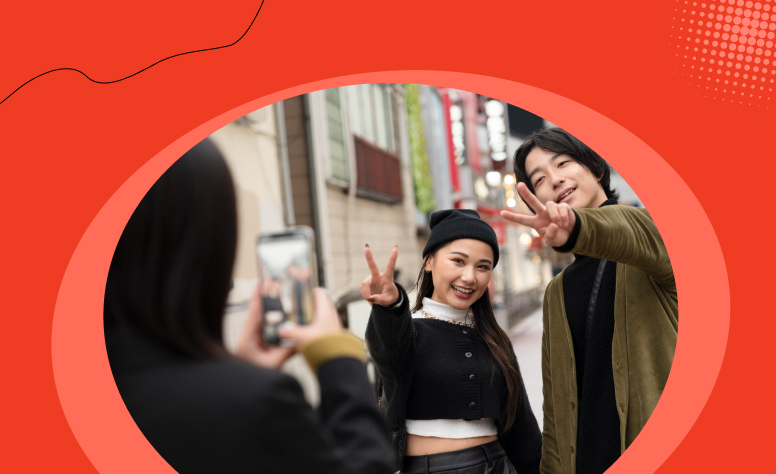
There are instances where we have witnessed K-pop idols becoming the actual victims of the vigorous hustle culture they practice.
This wave emerged in the 2000s and gained public attention. Fans saw their idols falling apart, helplessly.
This has become known as Hustle Culture, or the “grind” mindset, which many social media influencers promote to their audiences.
While there is nothing wrong with working hard, working to the point of exhaustion, to the point where you forget or disregard your own needs or those of those who rely on you, is toxic and even physically harmful.
The Physical Battle
In 2008, Taeyeon of the K-pop band Girls’ Generation nearly fainted during a performance due to overexertion.
A YouTube video resurfaced regarding this incident, stating that this group was giving back to performances and attending various promotional events consecutively.
Due to this frenzied schedule, Taeyeon forgot what day it was, and felt drained out after performing for thousands.
A similar incident happened in 2010, where a renowned K-pop idol, G-Dragon, of the kpop band BIGBANG, collapsed backstage after his concert, due to severe dehydration and fatigue.
Another member of the same kpop band, named Seungri, was hospitalized due to exhaustion after continuous hectic schedules.
The hospital stated that he had a high fever, which was left unchecked. Due to his deteriorating health, he was unable to join his band for the following few performances.
On October 11, EXO member Lay suddenly collapsed at Incheon International Airport. Witnesses reported that Lay remained unconscious as he was taken to a hospital.
Following the incident, his agency issued an official statement explaining that Lay had momentarily lost consciousness due to a lack of sleep.
They added that the doctor assured them he would make a full recovery after getting some rest.
The Mental Battle
Hustle culture not only affects the physical health of idols, but also takes a toll on their emotional well-being, likely even more so.
The animosity that entertainment agencies exhibit in their pursuit of fame and glory is a severe injustice.
Additionally, the toxic media standards not only affect idols’ physical appearances but also their
- Expressions
- Speech
- Eating habits
- Rumors significantly influence public perception.
Again in 2017, Jonghyun, of the kpop band SHINee, passed away after a constant battle with mental health. He was suffering tremendously under extreme idol pressures.
The circumstances surrounding the star’s passing sparked significant discussion in both local and international media.
In a thoughtful decision by Jonghyun’s family, a friend shared a suicide note he had sent to them on Instagram,
This note highlights his ongoing battle with depression and the challenges of navigating life in the public eye.
This openness contributed to raising awareness about mental health issues and the importance of support for those in similar struggles.
Mental Health Issues
An idol from the girl group Twice, known as Momo, was forced to eat only ice cubes for 10 days to prepare for a variety show.
Solo artist Hyuna, who has enjoyed a successful career in the industry for more than ten years, was dismissed from her company alongside her partner, Dawn, due to her romantic relationship.
Although they eventually gained public acceptance and secured a contract with a new agency, both of their careers faced significant setbacks, especially for Dawn, who was removed from his previous group.
Idol Hyunjin from Stray Kids faced backlash and was placed on hiatus from his group after rumors emerged suggesting that he had bullied his high school classmates.
However, these rumors were later proven to be false. These false rumors reveal how far these idols have to go, ironically, because the audience loves them.
Is The Situation Getting Better?
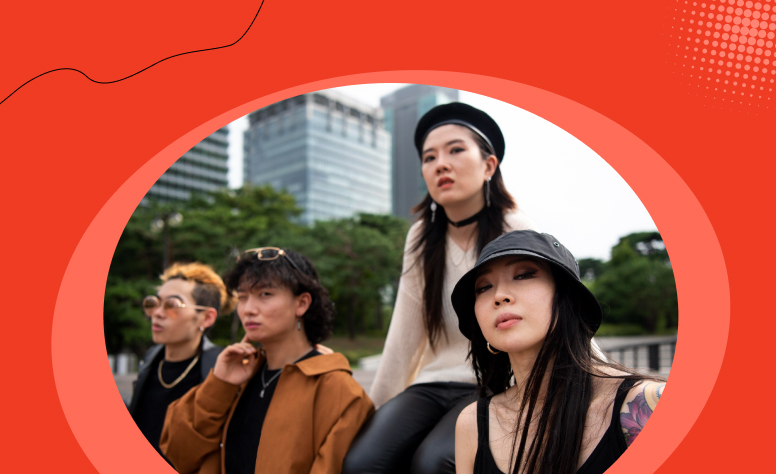
The Hustle Culture has a devastating impact on the kpop idols, especially their mental health.
Although Idols are speaking up against such toxic hustle culture, and the distress, rumours, and hate produced from it.
Several fans have also stepped up, thanks to growing awareness of the harmful effects of this culture, as well as the importance of maintaining a healthy body and mind.
We are part of a society that sets standards, which gives us the power to change them. Even if you often scroll through social media, you can feel the pressure to be beautiful, slim, and talented.
This burden affects not just celebrities but also us, creating a cycle of unrealistic ideals.
While we can’t end this alone, each small act of kindness and support toward friends, family, idols, or ourselves can help create a more accepting and uplifting media landscape.
This was all I had to say about the extreme hustle culture practiced in South Korea, especially in the kpop industry. Let’s discuss what you have to say then, in the comment box below.
READ MORE:









